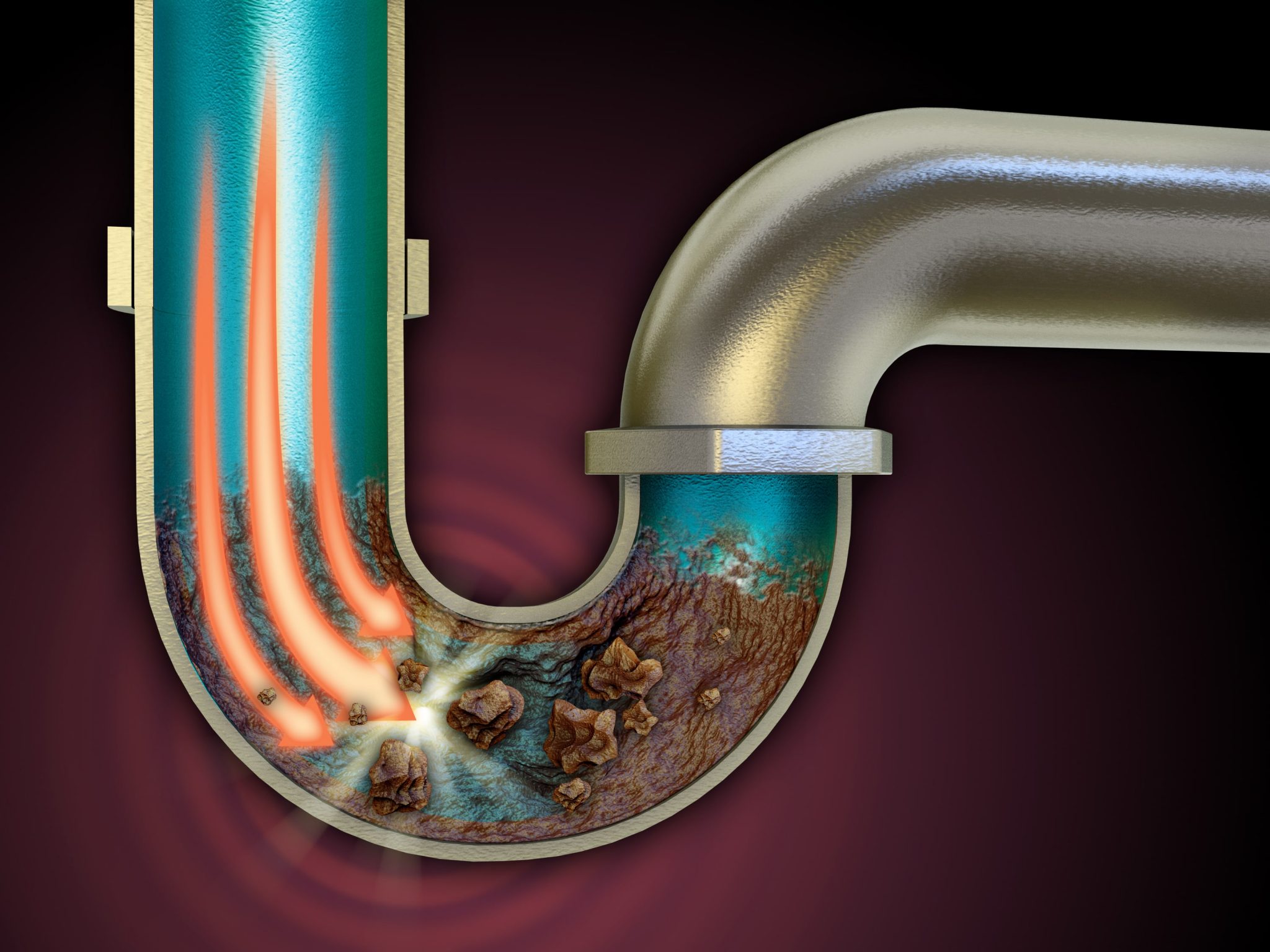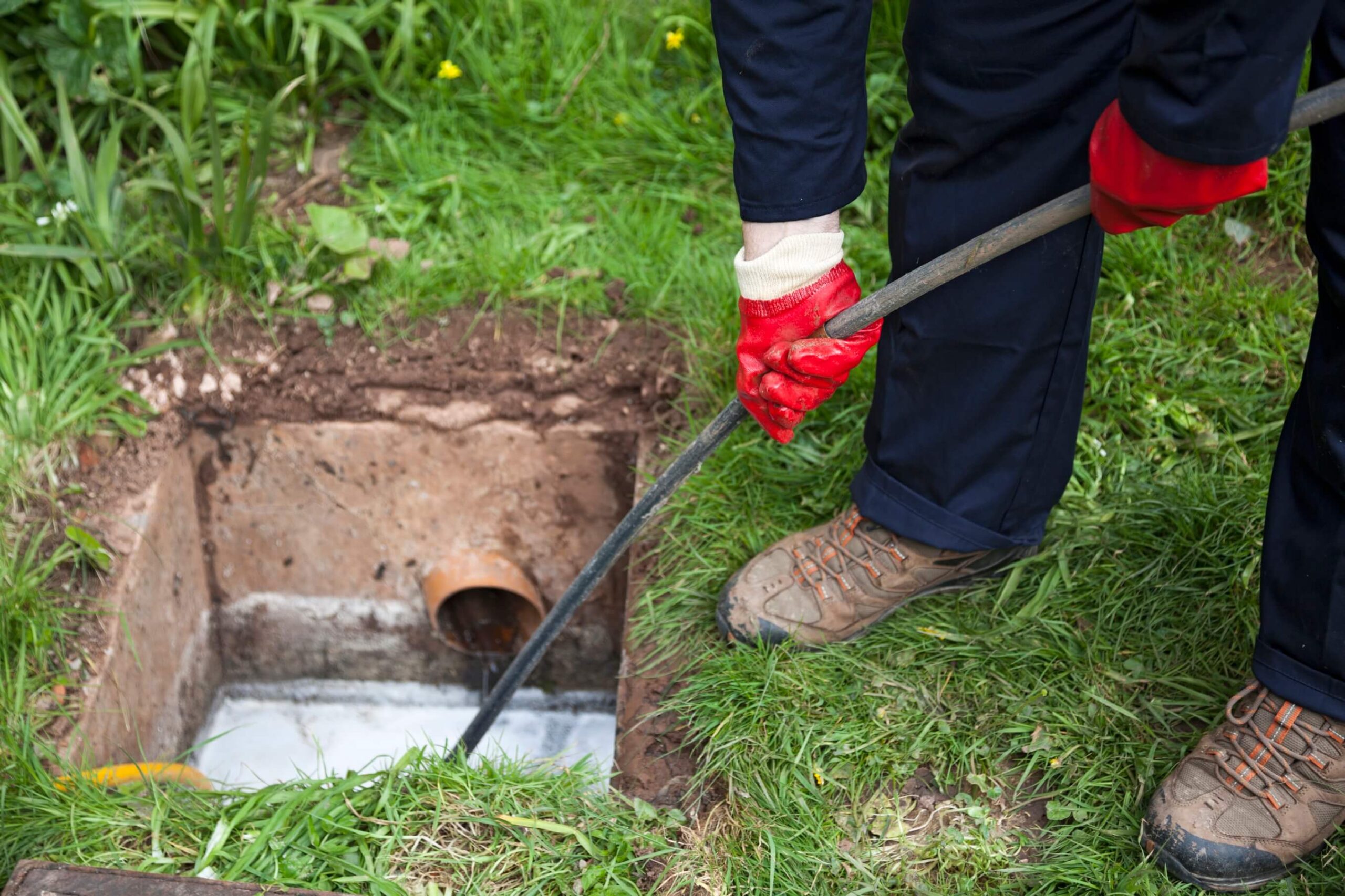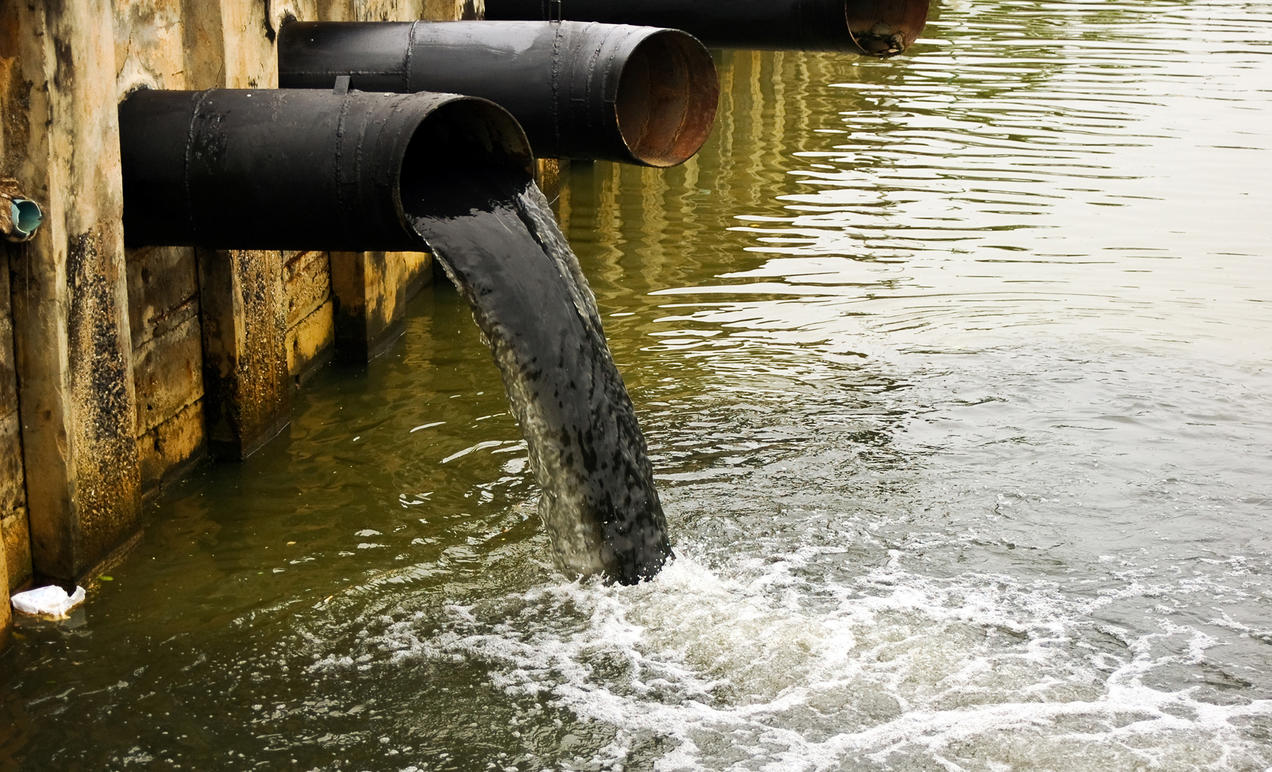Floods are known for causing extensive water damage to homes and businesses. They can also cause sewage from sanitary sewer lines to back up into houses through drain pipes.
Sewer backup is a common problem we see all the time, and it leads to major headaches for homeowners and businesses. If you notice sewer water backup, it needs to be addressed immediately to prevent damage and reduce the risk of health hazards from sewage exposure. When sewer pipes break down or become clogged, sewer water may build up in your basement and drain pipes, leading to costly repairs and damage to your floors, electrical system, and valuables. If left untreated, water from sewer backup can lead to mold in your home or business.



